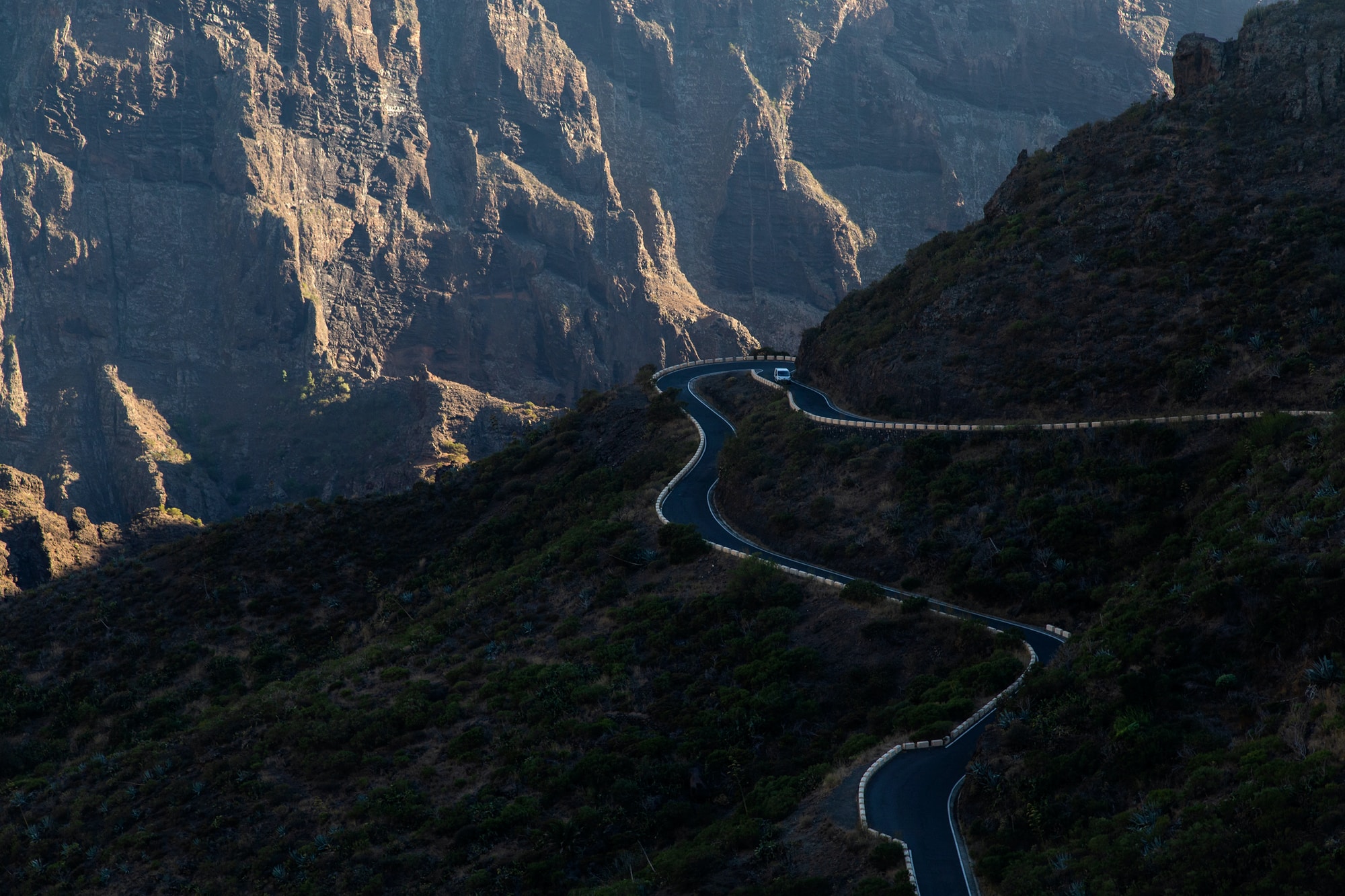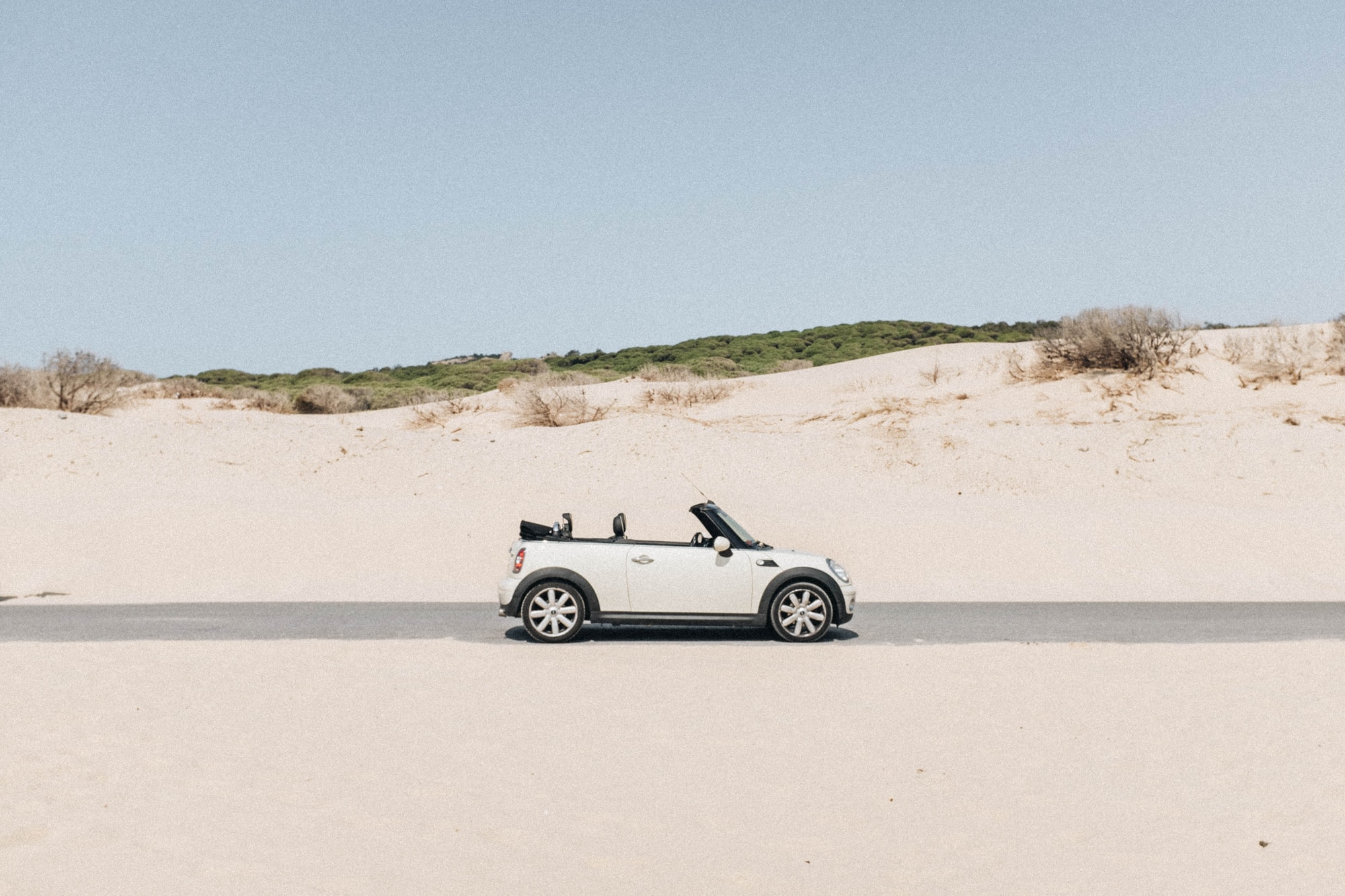Spain is among the most favored holiday destinations for travelers. The reasons are many, including the friendly local people, the rich culture, breathtaking beaches, and divine food, not to mention fantastic weather.
Gauging by European standards, the country seems rather large with a well-functioning system of incredibly maintained and modern highways that operate efficiently.
While a few days is not enough time to take in all you need to see of this lovely countryside, a few weeks would garner enough time in a suitable car rental (see https:goautos.no/leiebil/spania/ for details) to see much that Spain has to offer.
Being the EU, the country is stringent with its legalities and formalities. That means renting a car will require an EU driver’s license, or you will need to obtain an international license. In most car hire agencies, the rule is that a license must be in the driver’s possession for a year.
These agencies will also ask for a deposit upfront using a credit card; debit cards are unacceptable. Not all rental agencies are created equal. Each one will ask for a unique deposit based on their own criteria. The funds will be returned to the card after a car is safe and secure back on the lot after your holiday.
A good rule of thumb might be to have a specific credit card to pay this deposit and then another for use on the trip. The deposit can be significant, and you don’t want to drain the card of your funds to enjoy the holiday. It’s wise to ensure the card will be able to cover the cost of the deposit.
If you know the agency you’ll be working with, call ahead to learn the amount. Let’s get a few tips and tricks on traveling in Spain in a rental car.
Is It Worth It To Travel Throughout Spain In A Rental Car?
The indication is you don’t want to travel to Spain and see the beautiful county any other way than in a rental car. Spain has so much to offer that having the freedom to explore independently on your own schedule is a must.
Renting vehicles can often be a bit of a complex process, but if you take a few weeks to book ahead, you can get all the wrinkles out before arriving in the country in order to finish up smoothly and without any delays.
After you are assigned an auto, it’s essential to always have your driving license with you and the car hire documentation in the car’s glove box. The country’s traffic authorities are “few and far between,” but there will be a time when you might meet one, and these are necessary when you do.

Pickup And Dropoff Of The Auto
Rental car agencies can be found all through the country, with you deciding the site most convenient for you to pick up and then drop off the hired auto within close proximity to where you’ll be spending your time.
The indication is that you would need to travel to the closest major city or tourist location to find a majority of agencies. You can also, of course, choose airports as an ideal spot to book a car.
Picking up and dropping off in the same spot tends to be much more budget-friendly, meaning you should plan to start in a location and work your way back to that vicinity.
Inspecting the vehicle with a representative while you document the existing damages and take photos using a date/time stamping video will help to ensure your security from fraudulent damage claims.
It’s critical to return the car as you receive it. That means clean with no mess and full of petrol. If you are dropping off at an airport, there are petrol stations for those purposes located in these areas.
Driving in Spain
As a rule, autos in Spain are manual, with automatic transmissions being difficult to come by. For those that require an automatic, it’s wise to attempt to book a car a few weeks before the holiday to ensure you’re able to obtain one.
Driving tends to be a bit less stringent and faster than what you’ll find in the US and even the UK. Many motorists choose to speed along on the highways, with overtaking not always done legitimately.
There’s little opportunity for “lawbreakers” to reap repercussions for their actions since you’ll see very few traffic authorities traveling the roads. That also means you’ll be less likely to have a run-in while on holiday.
Many motorists are unconcerned about the condition of their autos, with dents, bumps, or scratches expected and the likelihood of a driver to bang into someone’s rear end a common occurrence, especially when parking.
You can anticipate the loss of your deposit if this happens with your hired car. That’s an indication to be mindful of where you put your vehicle.

Why Rent A Car In Spain
Choosing to hire a car in Spain is a good idea due to the remarkable highway system that allows ideal road trips through the nicely connected country. Along the varied routes, scenic views take a driver’s breath away.
One of the primary advantages of having a vehicle when on holiday is the freedom it affords you.
Regardless of the time of day or evening, you can hop in the auto and head to any destination that strikes your fancy and does so at a much more rapid pace than using the public transportation option.
That means you can see many more attractions in one day than many can see in a week using alternative transportation services. Not only that, but public transport restricts specific locations where you can visit as many of the small villages and towns as you wish when driving independently.
The nice thing is if you want to go off your path, perhaps take an unexpected tour and taste some wine when passing a vineyard; you can do that due to the freedom of having a vehicle. A bus driver and other passengers might have a problem if you made that request on public transport.
Downside To Car Hire in Spain
While there are benefits to driving throughout such a beautiful country, there are always downsides to every situation. When driving, you accept a great deal of responsibility for the vehicle and laws in another country unfamiliar to you with a language barrier.
These are reasons that research is critical before taking a holiday. Checking on auto insurance and prime credit cards as a second to the auto insurance will ensure that you are comprehensively and entirely covered in the event of any damages to the vehicle or if you cause any damages to anyone else’s car.
Also, taking an opportunity to review the rules and regulations of the road will help you to discern the traffic pattern, how to maneuver on the highways, and learn the signs and speeds.
It could be beneficial to stick with driving in the small villages and towns or on the highways and countryside roadways but avoid big cities. Local drivers are less stringent on the road rules and not concerned with the condition of their property; you could find yourself in the middle of an accident.
More so, if you park and someone needs to fit themselves in around your car and another one, referenced as bumping, you might see some substantial damages. Good to know you have excellent coverage.

A Few Rules On The Driving Subject
Motorists drive on the right side of the road in Spain. That’s becoming more common in many countries. Where the steering wheel is placed can produce a bit of confusion for some motorists.
Drinking while driving is a significant concern for all countries and is handled stringently in each one; Spain is no exception. The guidelines stipulate that there is a 0.5MG limit.
That equates to below a pint of beer for a man and lower than half for a woman in order to be safe. If you want to be even safer, abstain from alcohol entirely before getting behind the wheel of an auto. Use designated drivers if you must have a drink or take public transport back to your lodging.
There are many alternatives to driving when you’ve consumed alcoholic beverages. The primary consideration is that everyone around you is safe when you’re on the road.
Final Thought
Renting a car might have a downside or two, but the overall benefits are so worth the disadvantages. A motorist can have the holiday they prefer on their terms with no particular schedule to follow.
That can mean seeing more of the lovely country in the time allotted for your holiday, taking detours when something strikes your fancy, or getting into areas where public transport won’t go.
Anyone on holiday would prefer to travel under these conditions, and many do choose hired cars instead of any other mode for seeing the wondrous countryside. Renting a car might prove a complex process, but the end result can’t be beaten.
